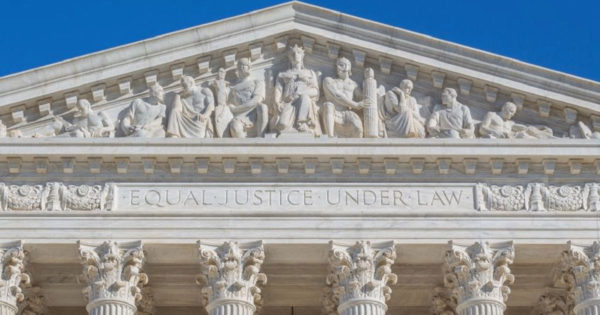Our Mission:The Native American Rights Fund holds governments accountable. We fight to protect Native American rights, resources, and lifeways through litigation, legal advocacy, and legal expertise.
At any given time, NARF’s attorneys and staff are working on dozens of cases and projects that span the broad breadth of Indian law and tribal sovereignty. Beyond litigation, our work can include things like advocacy, training & technical assistance, and consulting on issues of tribal law.

Want to learn more about the fight for Native rights?
NARF’s Five Priorities
Early in our existence, the Board of Directors determined that NARF’s work and resources should be concentrated on these five priorities:
1. Preserve tribal existence
The future existence of the remaining Indian tribes in this country depends ultimately upon secure and permanent land bases, and the rights of self-determination necessary to preserve traditional customs and ways of life.
2. Protect tribal natural resources
The natural resources found on Indian lands vary greatly. NARF concentrates its efforts in asserting tribal resource rights and protecting them from loss and exploitation by non-Indians. Major resource protection includes land rights; water rights; hunting, fishing and gathering rights; environmental protection; timber rights; and prudent development of mineral resources.
3. Promote Native American human rights
The Native American Rights Fund is concerned with securing basic human rights for Native Americans in such areas as education, health, housing, voting and civil rights, and religious freedom rights.
4. Hold governments accountable to Native Americans
NARF focuses much of its efforts on guaranteeing that the federal and state governments are accountable for the proper recognition and enforcement of the many laws and regulations which govern the lives of Indian people.
5. Develop Indian law and educate the public about Indian rights, laws, and issues
This involves not only the establishment of favorable court precedents in major areas of Indian law, but also the compilation and distribution of Indian law resources to everyone working on behalf of Indian rights.


